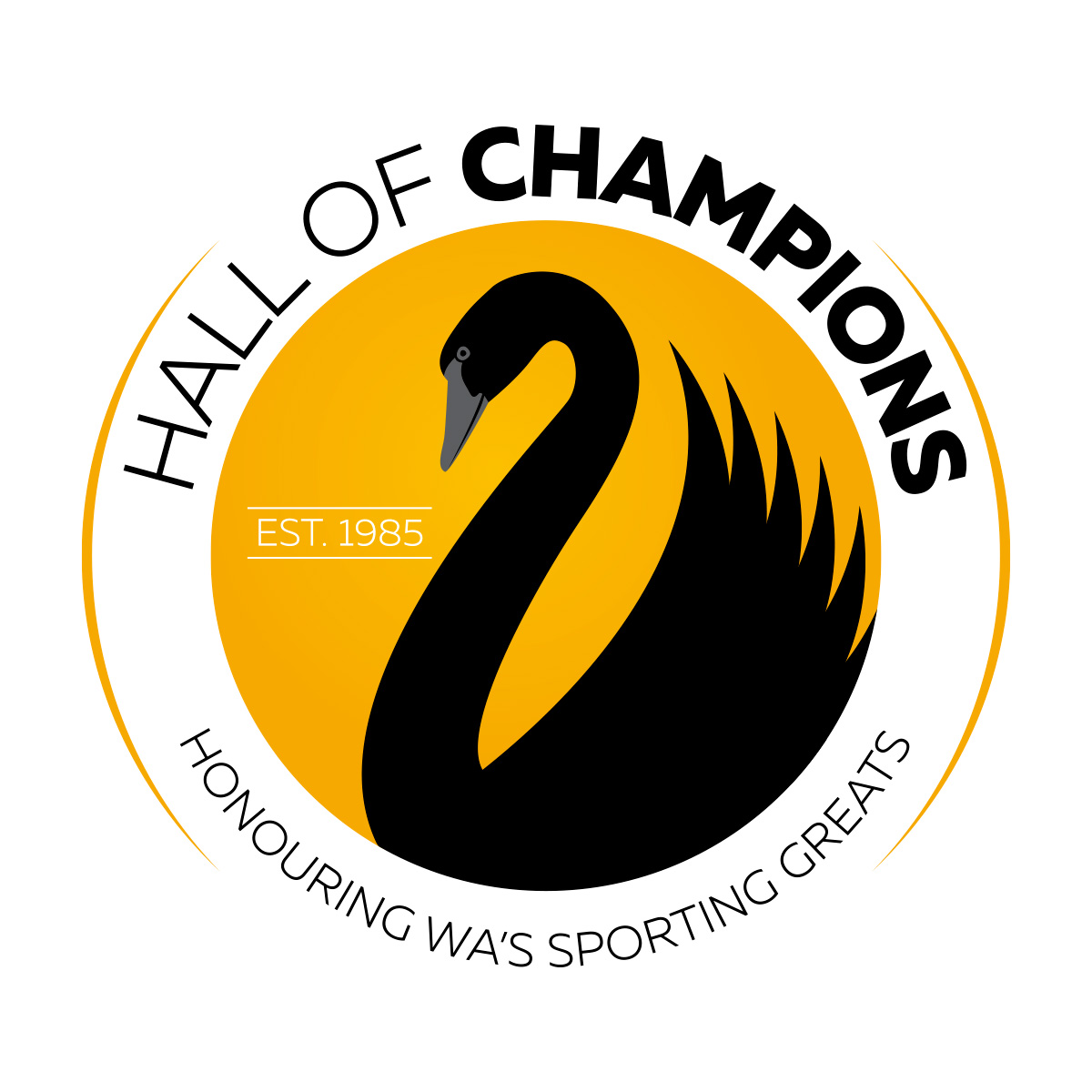Born Subiaco WA
25 November 1922 – 3 May 2010
Merv McIntosh was a giant on the Australian football field – a man mountain of a ruckman who dominated the game after World War II to be one of Australia’s greatest players.
His outstanding career was, In fact, spread over 17 years interrupted by the war years after a promising start with Perth in 1939. He made his league debut at the WACA Ground and brought his career to a triumphant climax by leading Perth to victory, by two points, in the 1955 Grand Final.
In that period McIntosh won three Sandover Medals (1948,53,54), a Tassie Medal for the outstanding performer in the 1953 Australian championship and three Simpson Medals, two in the interstate arena and one in his final match, that memorable Premiership for Perth, their first for 48 years. He earned selection in the inaugural All-Australian team announced after the 1953 carnival.
McIntosh’s football career blossomed after he was discharged from the Australian Army on New Year’s Day, 1946. At 1.98m (6ft 6in) in height and weighing 99kg (15st 8lb), he was the biggest player in WA League football, quickly proving he was also one of the fairest and best performers.
In 1948 he was in the Western Australian team that bear Victoria twice ( a rare occurrence in those years) and capped his season with the first of his Sandover Medals for the game’s fairest and best player. The season of 1953 was another high-performance year, bringing him his second Sandover Medal, also in the Australian Championships.
Season 1954 saw him complete his Sandover Medal hat-trick, but his lion-hearted effort when he produced a magnificent performance to life Perth to the 1955 Premiership remains his own personal highlight of a great career.
McIntosh was the genuine home-grown footballer. He started playing as a teenager in suburban Maddington and was always destined to graduate to Perth, the senior club for the district. He made his debut in 1939 and played just two League games before war service intervened. On his return to competition, he added a further 215 matches for Perth and 23 for WA, captaining the side in 1947,1947 and 1949.
Seven club fairest and best awards added further confirmation of his status as a gentle giant with a flawless temperament, but with ample skill and strength to carry his whole team.

